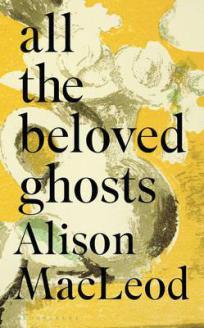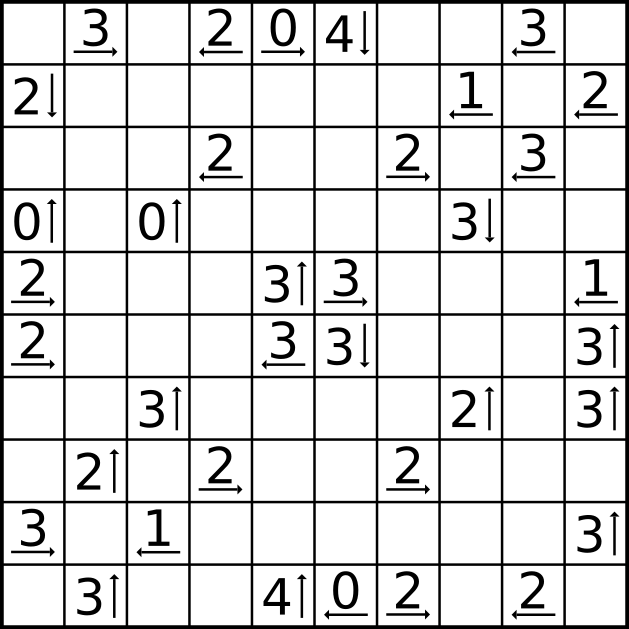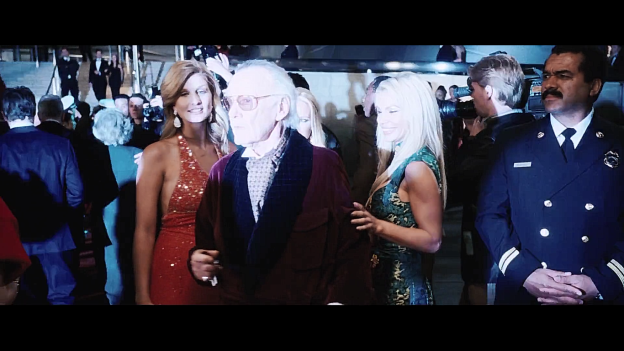I returned, and saw under the sun, that the race is not to the swift, nor the battle to the strong, neither yet bread to the wise, nor yet riches to men of understanding, nor yet favour to men of skill; but time and chance happeneth to them all. Ecclesiates 9:11 KJV
This quote crossed my mind after I read Peter Orner’s well done essay in today’s New York Times entitled Modern Love. I admired how well he wrote short sentences and incomplete ones. But was the essay any more fulfilling or technically expert than others I have read? Not really. How, then, did it get into the most widely circulated newspaper in America? What quality made it stand out? Or could there be other reasons?
One reason could be that the editor was looking for just such a piece when it crossed her desk. You never know what an editor needs unless they make it clear. Such desires, though, are rarely publicized by leading magazines and newspapers. Exceptions exist when a title’s submission page (if any) list requirements, when an editorial calendar for the coming year is published, or when there is a working relation with the editor. Failing that, making several short pitches at a time (internal link) is what I consider the most efficient way to solicit. Keep pitching!
The other reason Orner’s piece might have been picked was because of his credentials. The bio line says he is a Fulbright Scholar in Namibia and the author of four books of fiction and the essay collection “Am I Alone Here?” How do you compete against that if you are a non-academic and perhaps someone unpublished? That’s where the world of the literary press comes in. Although addressing a vastly smaller audience, most presses read blind, that is, you are usually under strict orders not to identify yourself in your MS. I am told this often extends to University Presses as well. True, the publication might disregard you after they’ve selected your writing, after finding out that you don’t possess an M.F.A., but that sort of pessimism can kill your spirit. Be positive, it’s the only way to go on. Now, let’s go back to Ecclesiastes.
All of us need luck. Time and chance happen to everyone. I once proposed an article at the exact time an editor was considering such a story. How often does that happen? But I will take that lucky break and move forward. Establishing a relation with an editor, no matter how it happens, even by chance, is the most reliable way to get more work. You become a known commodity and your e-mails get read. Keep writing and explore the literary world if you need to break in. Keep pitching and good luck.

- More





